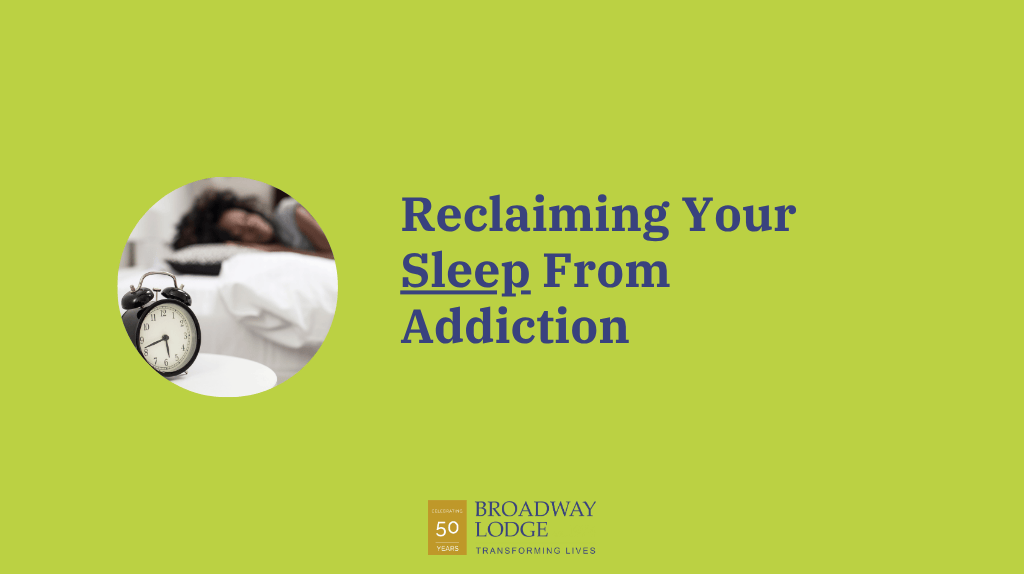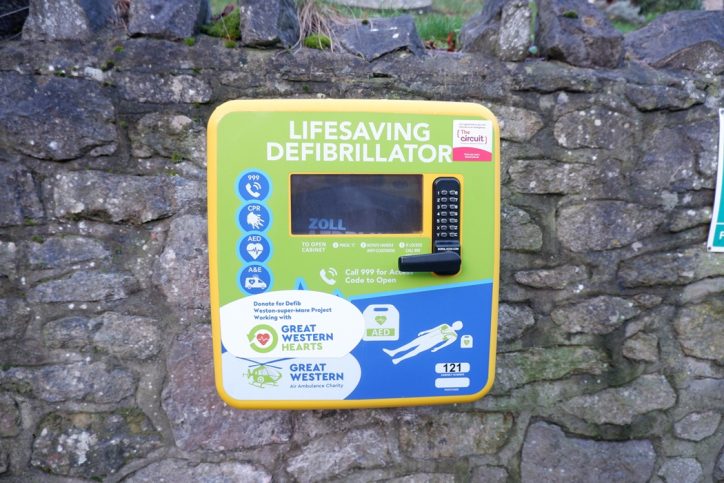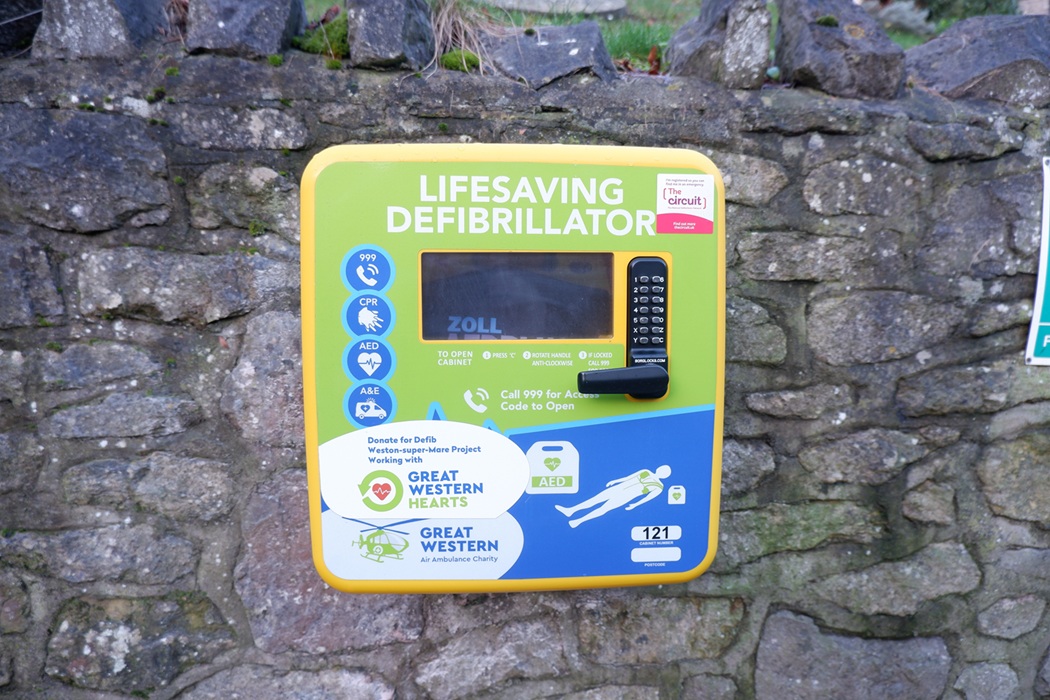Substance use disrupts the brain’s natural sleep-wake cycle, leading to common sleep problems like insomnia during recovery.
Rebuilding healthy sleep involves establishing a consistent routine, creating a restful environment and adopting new habits to support your body’s healing process.
Sleep is a fundamental part of our wellbeing, yet for those on the path to recovery, a restful night can feel out of reach. If you are struggling with sleep problems after stopping substance use, please know you are not alone. This is an incredibly common challenge and a natural part of the body and brain’s healing journey.
Substance use, whether with alcohol or drugs, significantly interferes with the body’s internal clock and the delicate brain chemistry that regulates sleep. When you begin recovery, your system has to relearn how to function without these substances, and this readjustment period often leads to sleep disturbances. These can range from difficulty falling asleep (insomnia) and frequent waking to vivid dreams and daytime fatigue.
Understanding why this happens is the first step towards finding a solution. This post will explore the link between addiction and sleep, and offer gentle, practical steps you can take to rebuild healthy sleep patterns and support your long-term recovery.
Why Addiction Disrupts Sleep
Our bodies are designed to follow a natural 24-hour cycle known as the circadian rhythm. This internal clock tells us when to feel sleepy and when to be alert. Alcohol and many drugs interfere with this rhythm and disrupt the brain’s production of chemicals that control sleep, like melatonin and GABA.
For example, alcohol may initially make you feel drowsy, but as your body processes it, your sleep becomes fragmented and light. You might wake up frequently during the second half of the night, feeling unrested. Stimulants like cocaine or amphetamines, on the other hand, can keep you awake for long periods, completely overriding your body’s need for sleep. On the other side, opioids can suppress breathing during sleep, leading to a dangerous condition called sleep apnoea.
When you stop using these substances, your brain, which had adapted to their presence, is thrown into a state of imbalance. This is a key reason why withdrawal often includes severe insomnia. The body is working hard to recalibrate, and this process takes time and patience. The good news is that sleep almost always improves as your recovery progresses.
Practical Steps to Rebuild Your Sleep Routine
Improving your sleep is not about finding a quick fix but about building a foundation of healthy habits. This process, often referred to as “sleep hygiene,” can make a significant difference. Here are some compassionate and effective strategies to help you on your way.
1. Create a Consistent Sleep Schedule
Consistency is one of the most powerful tools for resetting your internal clock.
- Go to bed and wake up at the same time every day, even on weekends. This reinforces your body’s natural sleep-wake cycle.
- Avoid long naps, especially in the late afternoon. If you need to rest, a short nap of 20-30 minutes earlier in the day is less likely to interfere with your night time sleep.
2. Design a Relaxing Wind-Down Routine
An hour before you intend to sleep, begin a calming routine that signals to your brain that it’s time to rest. Stress and anxiety are common in early recovery and can make it difficult to switch off. A wind-down period helps to quieten a busy mind.
- Disconnect from screens. The blue light from phones, tablets, and computers can suppress melatonin production. Put them away at least an hour before bed.
- Take a warm bath or shower. The subsequent drop in your body temperature can help trigger sleepiness. In addition, bath products such as bubbles or bath salts scented with lavender can further deepen relaxation.
- Try gentle stretching or mindfulness. Practices like meditation or deep breathing exercises can calm the nervous system.
- Read a book or listen to calming music. Choose something relaxing rather than stimulating.
3. Make Your Bedroom a Haven for Sleep
Your environment plays a crucial role in the quality of your sleep. Your bedroom should be a sanctuary dedicated to rest.
- Keep it cool, dark and quiet. Blackout curtains, an eye mask, or earplugs can help minimise disruptions.
- Invest in a comfortable mattress and pillows. Your physical comfort is important for helping you to relax.
- Use your bed for sleep. Avoid working, eating or watching television in bed. This helps your brain to associate your bed with sleep.
4. Be Mindful of What You Consume
What you eat and drink can have a surprising impact on your sleep, especially during the sensitive period of early recovery.
- Avoid caffeine and nicotine, especially in the evening. Both are stimulants that can stay in your system for hours and disrupt sleep. Remember that caffeine is present in coffee, tea, chocolate, and some fizzy drinks.
- Avoid large meals or too much fluid before bed. A heavy meal can cause indigestion, while drinking a lot can lead to night time trips to the bathroom. A light, healthy snack is fine if you’re hungry.
5. Incorporate Gentle Movement into Your Day
Regular physical activity is a fantastic way to improve sleep quality and reduce anxiety. Exercise can help regulate your circadian rhythm and encourage deeper, more restorative sleep.
- Aim for around 30 minutes of moderate exercise, such as a brisk walk, most days of the week.
- Try to finish your exercise at least a few hours before bedtime, as exercising too close to sleep can be overstimulating for some people.
6. Managing Worries and Racing Thoughts
It is very common for a racing mind to keep you awake. Instead of letting worries spiral in the dark, try to address them.
- Keep a notepad by your bed. If a thought or worry pops into your head, write it down. This act of “scheduling” the worry for the next day can give your mind permission to let it go for now.
- Practice self-compassion. Recovery is a challenging process. Be kind to yourself on nights when sleep doesn’t come easily. Remind yourself that this is a temporary phase and that your body is healing.
When to Seek Further Support
While sleep hygiene practices are very effective, sometimes more support is needed. If your sleep problems persist for several weeks and are significantly impacting your mood and ability to function during the day, it is important to speak with a professional.
Be Patient with Yourself and the Process
Rebuilding healthy sleep patterns is a journey. There will be good nights and bad nights, and that is perfectly okay. The goal is progress, not perfection.
At Broadway Lodge, we understand that recovery involves healing the whole person – mind, body, and spirit. Sleep is a vital part of that process. By adopting these gentle strategies and being patient with yourself, you can guide your body back to a place of rest and lay a strong foundation for a healthy, sober life.
For more information about the addiction treatment we provide at Broadway Lodge, download our brochure or get in touch. We’re here for you, every step of the way.










